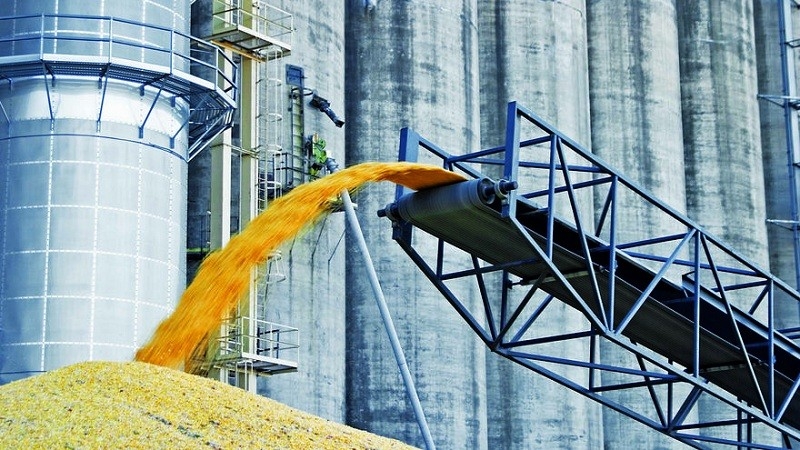NATO condemns Russia's withdrawal from the grain agreement, but does not offer other options, and the EU promises to help Ukraine with exports

At the meeting of the Ukraine-NATO Council initiated by Ukraine and held on July 26, the situation that developed in the Black Sea after Russia's withdrawal from the grain agreement, which allowed Ukraine to export food through Black Sea ports, was discussed. At a meeting of NATO countries, they agreed to strengthen surveillance and intelligence in the Black Sea, where the Russian Federation is creating new risks.
President Zelensky thanked NATO Secretary of State Jens Stoltenberg and his deputy Mircea Joana for holding the meeting and strongly condemning Russia's withdrawal from the grain agreement.
Experts of the Institute for the Study of War (ISW) believe that increasing the presence of the Russian fleet in the Black Sea will not allow blocking Ukraine, primarily due to the risks of a military confrontation with NATO countries in the region.
In recent days, the Russian Federation has increased the presence of its fleet in the waters of the Black Sea, creating conditions for the forced stop and inspection of civilian vessels in order to strengthen control. But it is unlikely that the Russian Federation will dare to introduce a complete blockade, so as not to provoke a military conflict with the Black Sea countries - NATO members, in particular, Turkey, Romania and Bulgaria.
The situation in the Black Sea shows that the Russian Federation is creating conditions for the search of civilian and commercial ships, considering the blockade as an additional lever of its influence, ISW experts believe.
The European Commissioner for Agriculture, Janusz Wojciechowski, proposed subsidizing from EU funds the costs of transporting grain from Ukraine by land through the territories of EU countries, since the cost of such transportation is higher than that of sea transportation.
"The beneficiary of the situation will be the Russian Federation, since it will be cheaper than paying for Ukrainian grain that is transported to the Baltic ports, the cost of this operation will always be higher than what the Russian Federation can offer on the world market," the European Commissioner explained. He promised to prepare a corresponding proposal for the European Commission in the near future.


